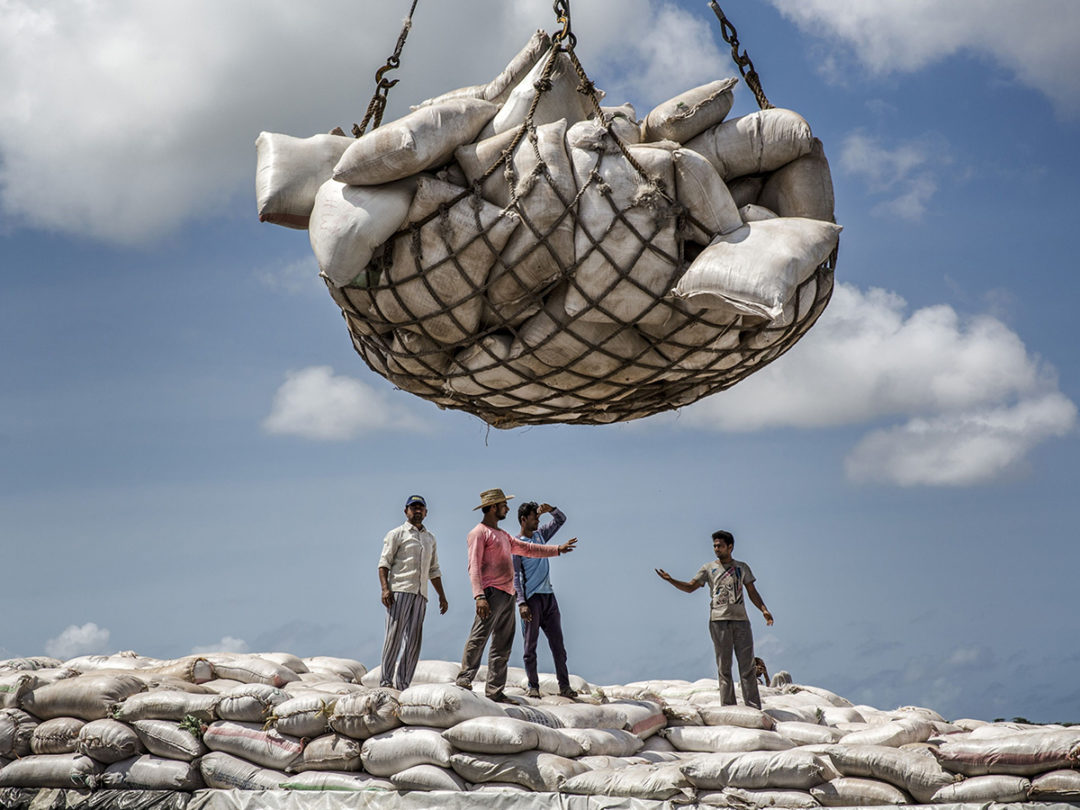
Visit Our Sponsors |
|
|
|
|
|
|
|
|
|
|
|
|
|
|
|
|
|
|
|
|
|
|
|
|
|
|
|
|
|
|
|
|
|
|
|
|
|
|

An Africa-wide free-trade pact could bolster the region’s income by $450 billion and lift 30 million people out of extreme poverty by 2035, if accompanied by significant policy reforms and trade-facilitation measures, according to a new World Bank report.
While the African Continental Free-Trade Area entered into force legally last year, commerce that was due to have started on July 1 was delayed as the coronavirus pandemic set back protocol negotiations. When fully operational by 2030, the region could be the world’s biggest free-trade zone by area, with a potential market of 1.2 billion people and a combined gross domestic product of $2.5 trillion.
The majority of gains from the pact, equivalent to about $292 billion, could come from trade reforms, including reducing red tape, lowering compliance costs and facilitating the integration of African businesses into global supply chains, the Washington-based lender said in the report published Monday. Tariff liberalization and rules of origin, which prescribe the share of value that must be added to products in the region to qualify for preferential market access, could make up the balance, it said.
Biggest Beneficiaries
Ivory Coast and Zimbabwe, where trade costs are among the region’s highest, would benefit the most from the agreement, with income set to rise by 14%, according to the lender. Intra-continental commerce would increase by 81% while shipments to non-African countries would rise 19%.
Internal trade accounts for only 15% of the total in Africa, compared with 58% in Asia and more than 70% in Europe. The agreement is meant to help change that by lowering or eliminating cross-border tariffs on 90% of goods, facilitating the movement of capital and people, promoting investment and paving the way for a continent-wide customs union.
While the planned reduction in duties has raised concerns among countries that rely on them for income, short-term tariff revenues would decline by less than 1.5% for 49 out of 54 countries, with total tax revenues set to decrease by less than 0.3% in 50 countries, the World Bank said. That’s because only a small share of tariff revenues come from intra-African trade and the fact that most revenues comes from a few tariff lines, which would enable some protectionist measures to be maintained even if countries liberalize, it said. The bank sees medium to long-term tariff revenues could rise by 3% by 2035.
Fifty-four of the 55 nations recognized by the African Union have signed to join the area, Eritrea being the exception. Twenty-eight nations have ratified the accord.
The pact could help offset the negative impact of the coronavirus on regional trade and value chains by reducing trade costs over the short term, the bank said. It estimates that Africa is likely to lose between $37 billion and $79 billion in output due to the outbreak this year.
“By replacing the patchwork of regional agreements, streamlining border procedures, and prioritizing trade reforms, AfCFTA could help countries increase their resiliency in the face of future economic shocks,” the bank said.
RELATED CONTENT
RELATED VIDEOS
Timely, incisive articles delivered directly to your inbox.






